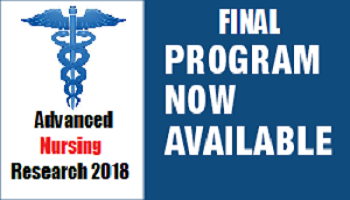
Biography
Biography: Fiona Cust
Abstract
As the number of mothers suffering from postnatal depression (PND) continues to rise at an alarming rate it was decided to explore methods of trying to support new mothers diagnosed as at risk of PND. Recent NICE guidelines (2015) have highlighted the need for the utilization of psychosocial support as opposed to the, often first hand, use of antidepressant medication. One of the main reasons for PND has been a distinct lack of social interaction and isolation. Could, therefore, disclosing to a fellow mother who has previously shared a similar journey may help to assist in the recovery from this debilitating illness? A small number of peer support workers (PSW’s) were recruited to offer one to one home visits within the postnatal period to a mother considered to be at elevated risk of PND as diagnosed by the Edinburgh postnatal depression scale (EPDS). The PSW’s visited the mother within their own homes from week six postnatally for a period of six weeks. Results were recorded both quantitatively and qualitatively by the recording of the EPDS scores, logbook entries and one to one interviews. These were transcribed, coded and categorized. Results collated display that the PSW’s did indeed have a positive effect upon the mothers’ mental health, outlook and indeed, their relationship with their baby.

